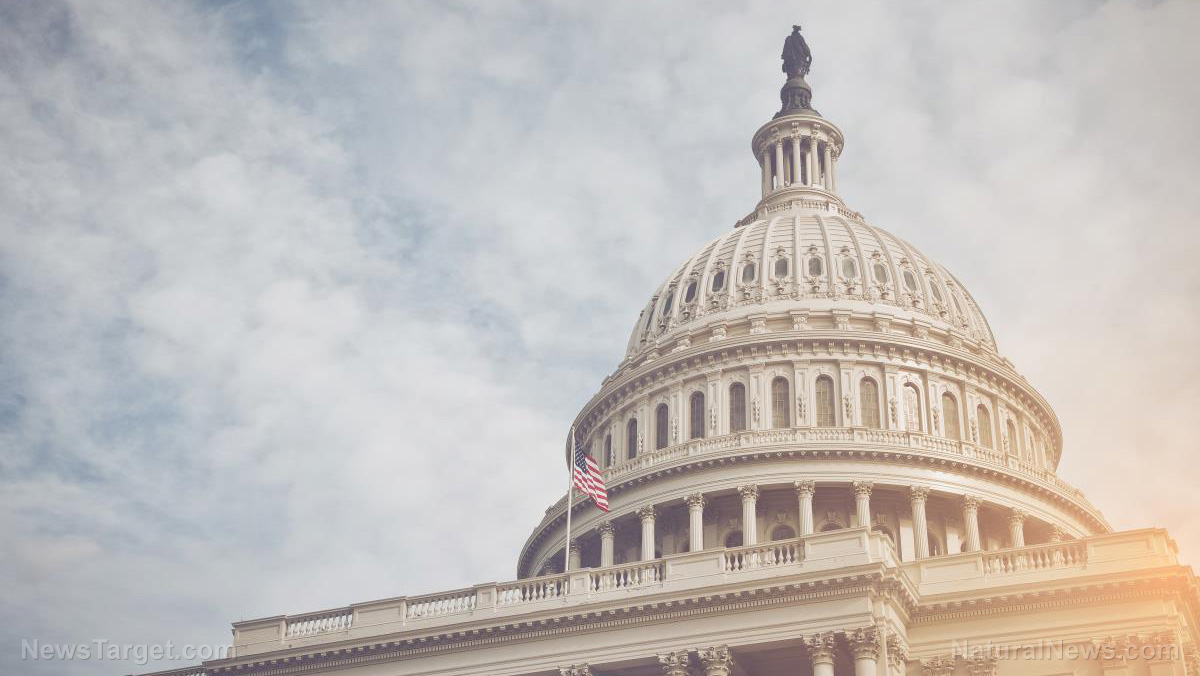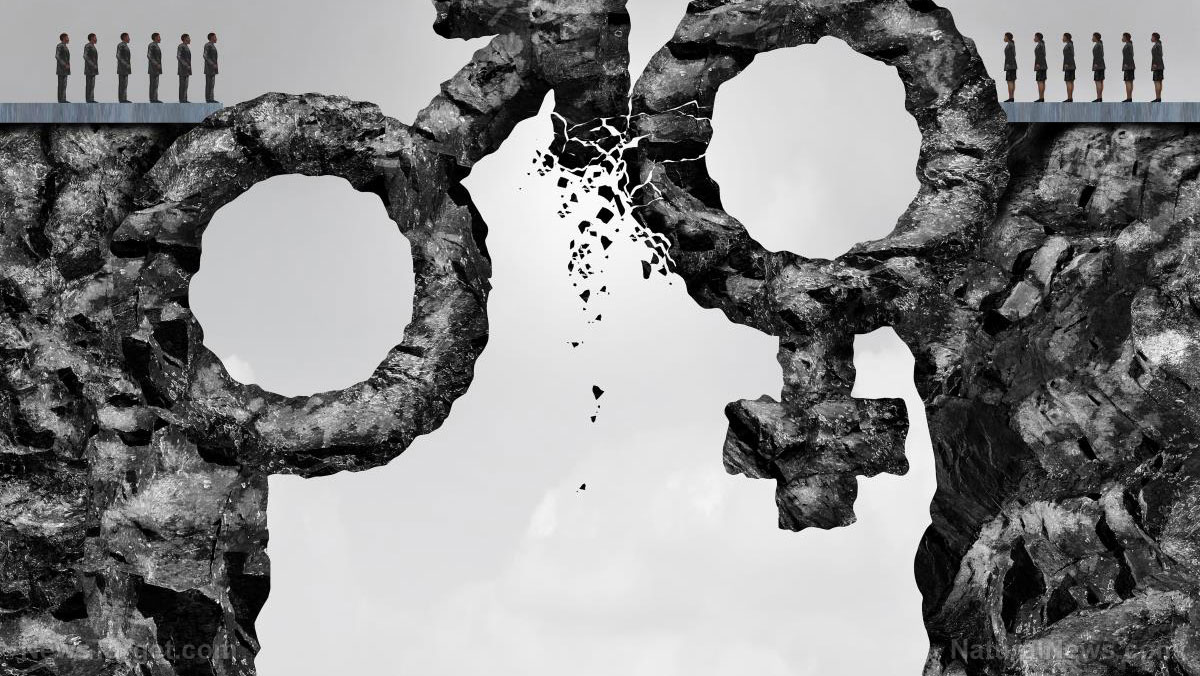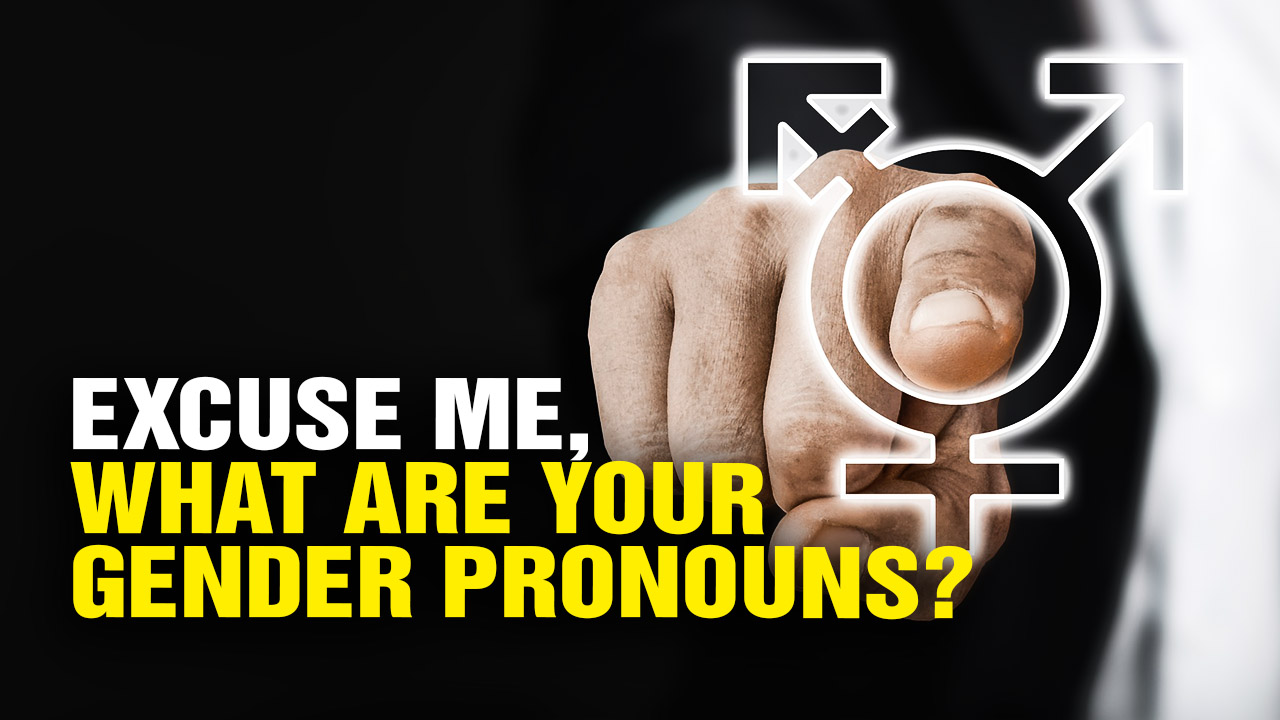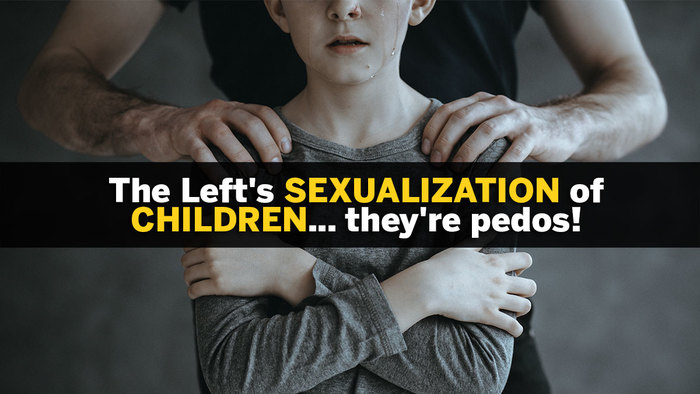House Democrats vote against measure that prevented powerful government financial board from discriminating against people based on religion, politics
02/06/2020 / By JD Heyes

When Democrats passed and President Obama signed the Dodd-Frank Wall Street Reform and Consumer Protection Act, critics immediately attacked it as intrusive, unnecessary and patently unconstitutional.
According to Investopedia, the act “is a massive piece of financial reform legislation” that came in response to the “Great Recession” of 2007-2008.
The roughly 2,300-page act, which was implemented over the course of several years, “established a number of new government agencies tasked with overseeing the various components of the act and, by extension, various aspects of the financial system,” Investopedia noted.
During his 2016 campaign, President Donald Trump pledged to repeal this big government monstrosity and, true to his pledge and thanks to majority Republicans, he managed to roll back significant portions of the law in 2018.
But one of the most onerous creations of the Dodd-Frank law was the Consumer Financial Protection Bureau. Championed by far-Left 2020 Democratic presidential contender Sen. Elizabeth Warren (D-Mass.), the CFPB “was given the job of preventing predatory mortgage lending (reflecting the widespread sentiment that the subprime mortgage market was the underlying cause of the 2008 catastrophe) and make it easier for consumers to understand the terms of a mortgage before agreeing to them,” Investopedia noted.
That sounds noble and even necessary, given that the Great Recession came about from a collapse in the housing finance sector following decades of bad loans.
But, as Alden Abbott, a judicial and legal expert at the Heritage Foundation, noted in 2016, the CFPB was intentionally structured to be all-powerful and completely unaccountable even to Congress — the only federal agency created to date that was given such status.
“The bureau was designed to evade the checks and balances that apply to most other regulatory agencies. Its very structure invites expansive rulemaking, as does its misappropriation of the emergent theory of behavioral economics that drives bureau decision making,” he wrote.
“It deems consumers prone to financial irrationality and thus ill-equipped to act in their self-interest. Consequently, the CFPB is compelled to intervene in consumers’ personal financial transactions,” he added.
This is just like the system Communist China uses
And therein lies the problem: Too much invasiveness and too much power to wield against certain American demographic groups that, shall we say, ‘fall out of favor’ of the elites.
As Infowars reported, Democrats recently ensured that the CFPB will continue to wield the kind of unaccountable power it was given in Dodd-Frank. Specifically, the news site reported, House Democrats voted against an amendment that would have prevented the agency from demanding that credit bureaus evaluate consumer credit scores based on political, religion, and other very personal qualities.
The amendment would have prevented the CFPB from forcing credit score firms to “make use of information related to political opinions, religious expression, or other expression protected by the First Amendment, whether obtained from a social media account of a consumer or other sources.”
House Minority Leader Kevin McCarthy (R-Calif.) noted that if the GOP-controlled Senate were to pass the legislation as is, without the proposed amendment, then the agency would be given “unchecked authority on credit score modeling, without any built-in measure to stop potential abuse of power or violation of our constitutional rights.”
The system would then more resemble one used by China’s Communist government; that system bans citizens from traveling, living in certain areas, and places other restrictions on any citizen deemed to have run afoul of the authoritarian state in some way(s).
“There is a terrifying parallel to the practices of China’s Communist regime,” McCarthy said, “which is to control the actions of their populations with a social credit score.”
It’s telling that Democrats voted against a measure that would prevented violation of a citizen’s constitutional rights so blatantly. That said, it’s also par for the course.
Sources include:
Tagged Under: big government, CFPB, Constitution, Consumer Financial Protection Bureau, credit score, Crybullies, democrats, discrimination, First Amendment, intolerance, left cult, legislation, political views, privacy, religious preference, unconstitutional
RECENT NEWS & ARTICLES
COPYRIGHT © 2017 INSANITY NEWS


















